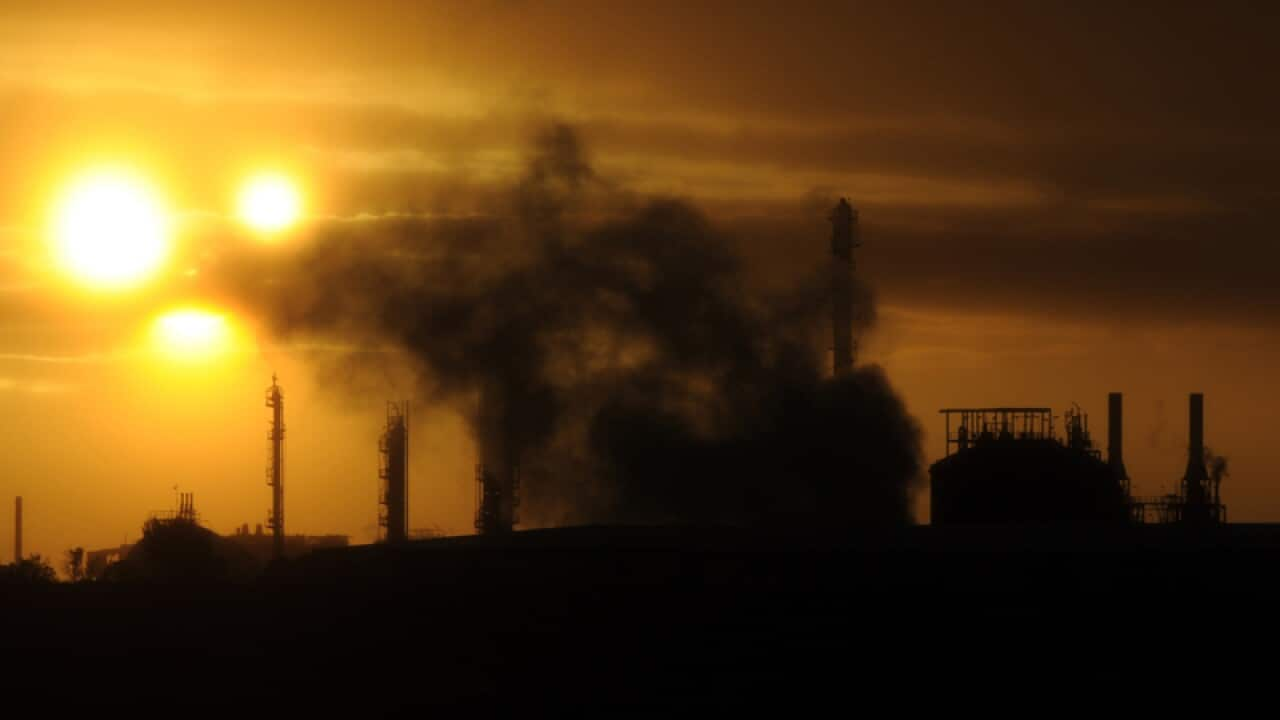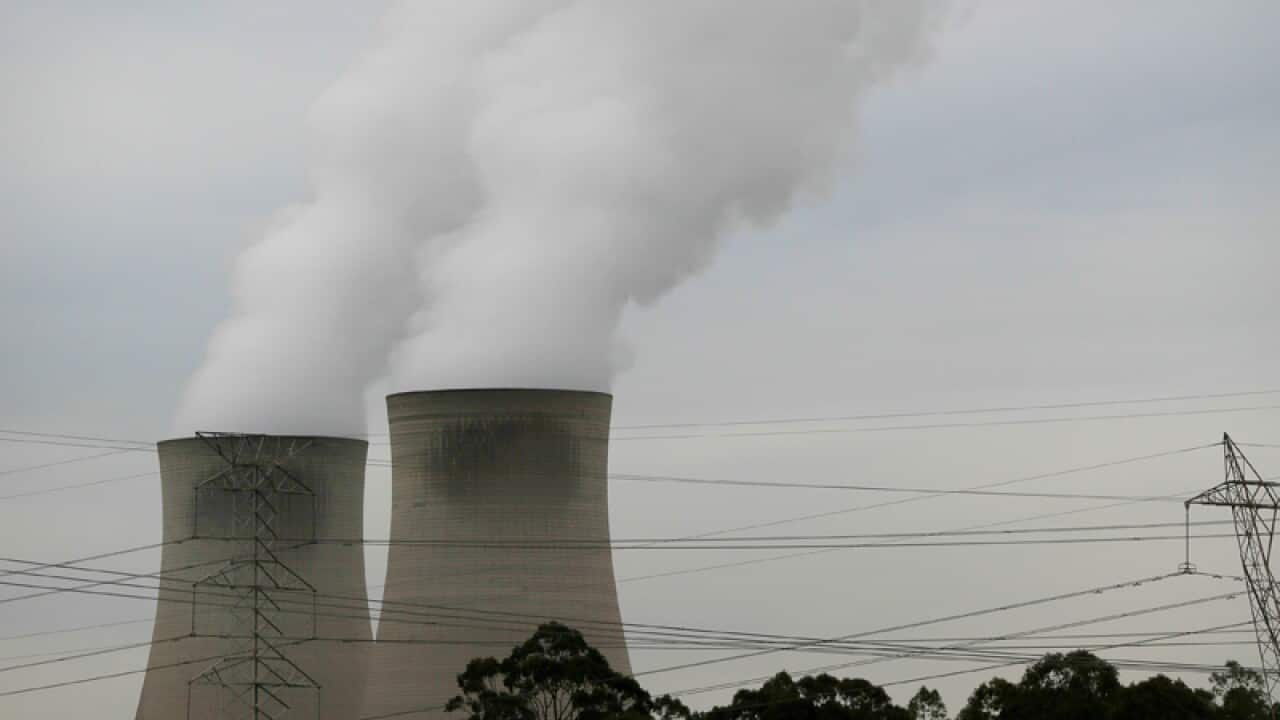Admiral Chris Barrie believes patrolling Australian waters and rising sea levels are both deeply connected to national security.
The former Defence Force Chief has co-written a paper, Be Prepared: Climate Change, Security and Australia’s Defence Force which has declared climate change a growing threat to Australia’s security.
"There's a lot of evidence to suggest we're not nearly as prepared as we ought to be,” Admiral Barrie said.
"Climate change is driving more frequent and intense natural disasters, driving up food prices and displacing people, all of which can lead to conflict.”
The report said climate change can cause intense natural disasters, which have a domino effect.
RELATED STORY:

Earth's climate system 'at turning point'
Food shortages arise from those disasters, and people become displaced. That can lead to conflict.
The Climate Council's Professor Will Steffen, who also co-wrote the paper, suggests long-term drought played a significant part in the upheaval in the Middle East known as the Arab Spring.
"Food prices rocketed up, people in the Middle East couldn't afford it, and that was a contributing factor to the Arab Spring,” Professor Steffen said.
“Climate change exacerbates other stresses that you have in these systems."
"Believe you me, when people are hungry, they will do anything,” said Admiral Barrie.
“So these become a whole range of issues that we can head off with sensible preparedness and planning. If we don't do it, we're going to be caught out in the maelstrom of trying to clean up the mess later."
RELATED STORY:

Companies call for climate change action
One of many solutions posed is to boost the country's renewable-energy target.
The Government's current plan is to have 23.5% of Australia's electricity derived from renewable resources by 2020.
But Professor Steffen said that is not enough.
"We're a developed country, we have a lot of resources, we're expected - as well as the US and Japan - to take a lead,” he said.
“That means our RET is far too low. I think our emission-reduction targets for the UN Climate Change conference in Paris are also too low."
A long-term plan to better link Australia's defence with climate policy is a key finding in the report.
Admiral Barrie hopes that will eventuate, thanks to the change in Prime Ministers and the subsequent Cabinet reshuffle
"I've shared panels with the Prime Minister on national-security issues, I know that his antennae are tuned to these kinds of things,” Admiral Barrie said.
“No-one is asking them to say it's the number-one priority at all, but it's among those things they need to think about."
As for the opinion of new Defence Minister Marise Payne, she says she has yet to form a view on whether climate change could threaten Australia's security.

